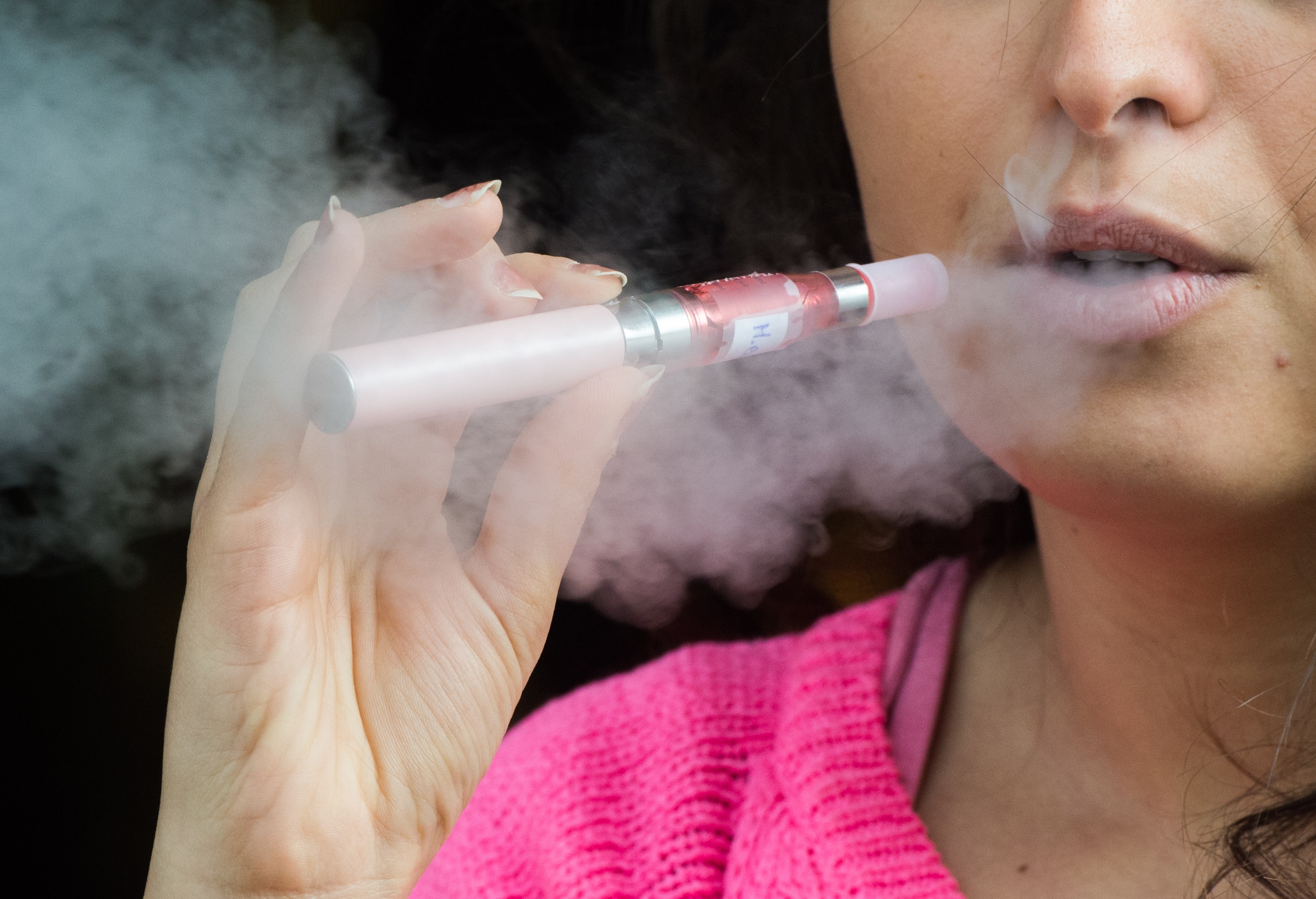Students at Kingston University have told The River how they are using cannabis oil to help them deal with stress and focus on their studies.
A craze for cannabidiol (CBD) oil to help with pain, anxiety, sleep and other health issues has been sweeping the country since it became available on the UK high street in January 2018.
Sold as a food supplement rather than a medication, CBD can be purchased from stores like Holland and Barrett without a prescription.
Economy and finance student Santosh Manghlani said: “I used my friend’s CBD vape oil. I had a relaxed feeling and it really helped me focus and concentrate on my work. I would use it again, it was good and it relaxed me.”
One accounting and finance student, who wished to remain anonymous, said: “It gives me a relaxing feeling, and helps with pain. Personally, it did help me with the stress of studying and it’s something I will use regularly.
“It should be talked about more at university, I do think it would help students. There is no harm in trying is as it’s legal and it doesn’t get you high.”
CBD is extracted from the flowers and buds of cannabis plants, but products sold must contain a maximum of 0.2 per cent THC, the chemical in cannabis that gives users a high.
According to Verdict, a digital publication for finance data: “The health and well-being market looks likely to capitalise on growing public interest, with CBD-based snacks, supplements and even skincare products making their way onto shelves.”
A study by Care By Design, which surveyed around 2,500 CBD users, found that more than 80 per cent of those with anxiety experienced improved mood after 30 days of using CBD products.
However, because CBD is currently classed as a food supplement, rather than a drug or medication, here is almost no regulation and little is known yet about long term effects or appropriate dosage.
David Burden, owner of CBD company The London Botanists, said: “There has been a study [published in journal Frontiers in Pharmacology] that says whilst THC reduces brain function CBD improves it, but as we are selling our products as a food supplement we aren’t allowed to advise people medically, which can unfortuntely be limiting.”
In April 2018 the US army issued a public health warning after approximately 60 people were hospitalised “with medical conditions potentially related to vaping products marketed as containing CBD oil”.
It is thought that the symptoms, including vomiting and seizures, were brought on by synthetic imitations of pure CBD.
Curious KU students are also experimenting with CBD, with many disappointed with the effects.
“I’ve vaped it, taken it orally and one time I put it in a bong with my friends. We thought it would be funny, but I wouldn’t do it again,” said international business student Kevin Sivak.
Mustafa Mir, who is studying for an masters in creative economy, said: “I paid £50 for CBD vape oil, but it didn’t do anything. It’s way too expensive for what it is.”
Although existing evidence suggests that pure CBD is largely safe, whether it could help students with their work is debated.
According to the NHS: “Some products that might claim to be medical cannabis are available to buy legally as food supplements. But there’s no guarantee these are of good quality or provide any health benefits.”

